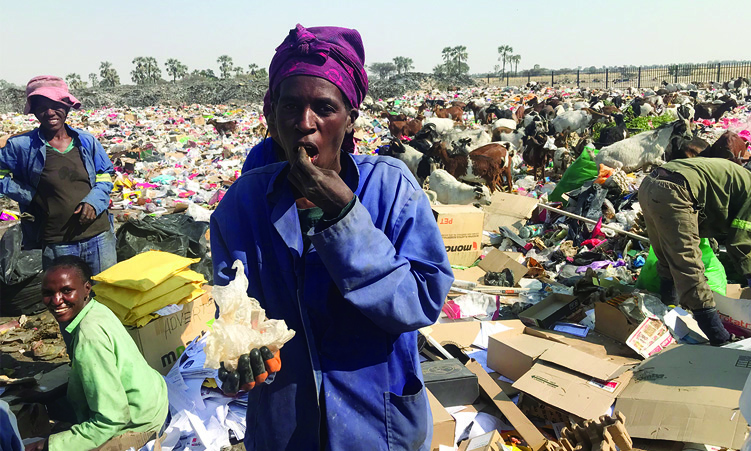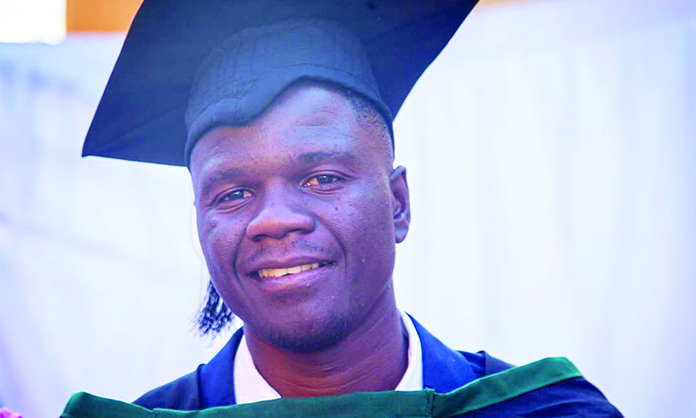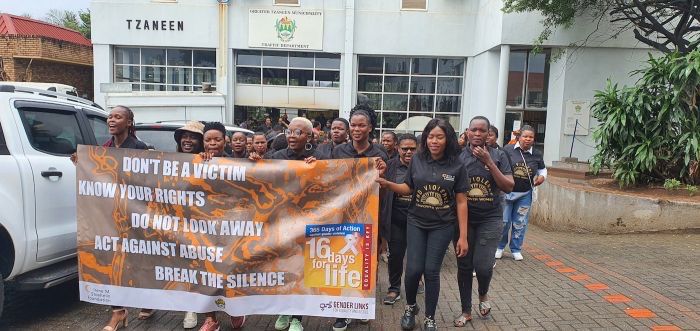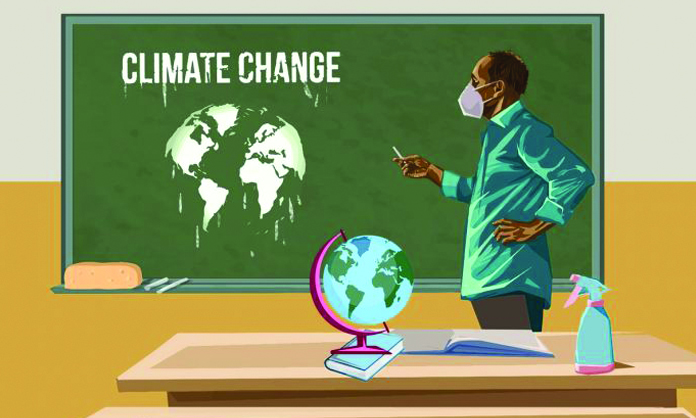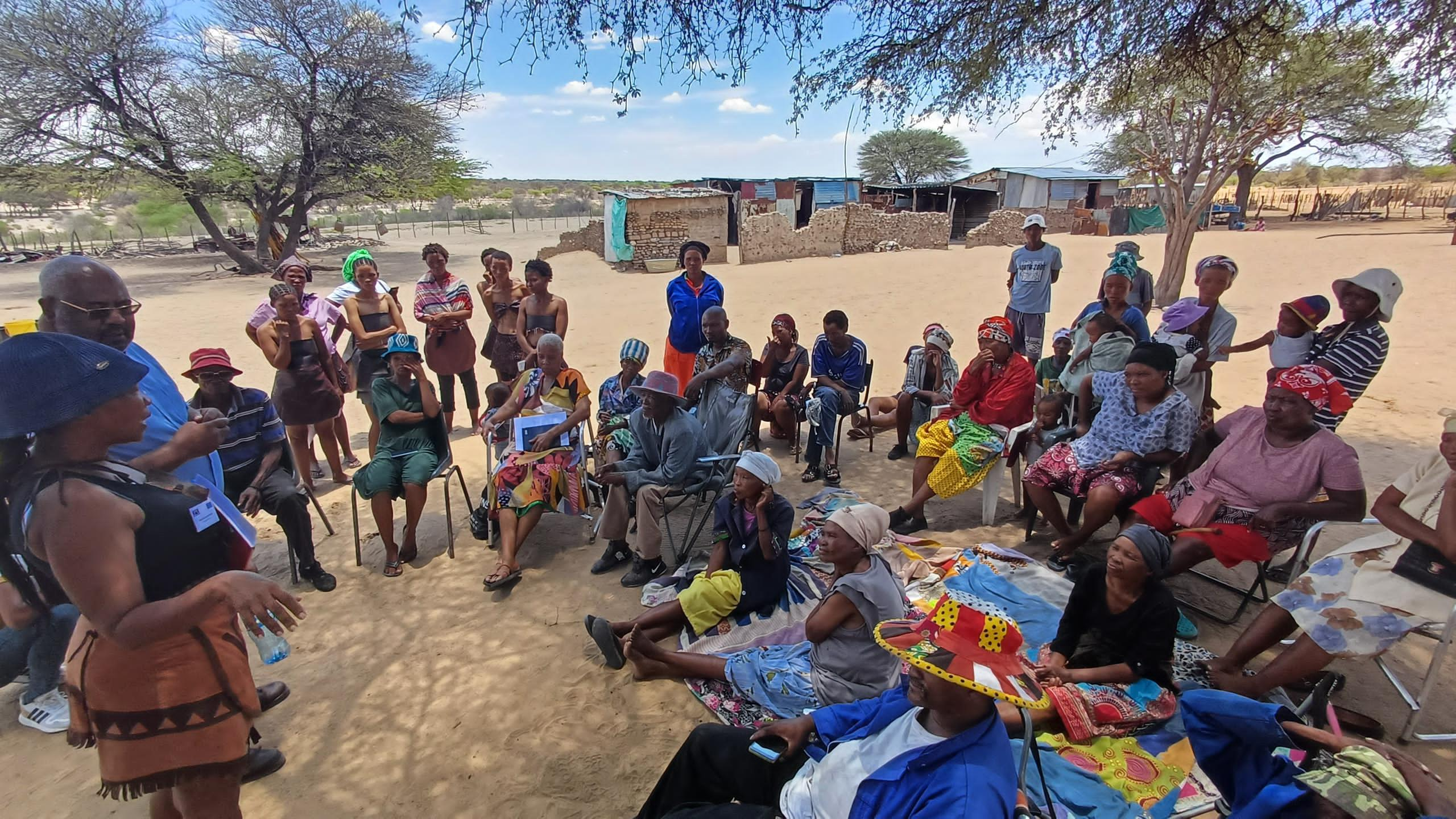Namibians are for the first time poorer on average during an election year than they were during 2015.
This was revealed by economist Robin Sherbourne, who was speaking yesterday at the Institute for Public Policy Research’s (IPPR) annual state of the economy event.
According to World Bank data, between 2015 and 2023, gross domestic product (GDP) per capita dropped from N$64 023 in 2015, to N$50 079 in 2023.
Sherbourne said economic challenges could shape voter sentiment in the upcoming elections.
“On average, incomes have been growing every election year, until we reached 2015 when growth fizzled out and it has gone down since the Covid elections. It started to recover, but it’s not where it was in 2015. Maybe the economy has something to do with how people vote,” Sherbourne said.
Meanwhile, GDP in 2015 stood at N$146 billion, while in 2023 it stood at N$151,4 billion.
Sherbourne further said economic indicators show that with limited investment and growth, there is virtually no structural change.
“There’s signs of an oil and gas exploration boom but non-mining private investment is still in the doldrums,” he said.
He further said while the government is stabilising debt, helped by economic growth, it struggles with implementing any serious public sector reform.
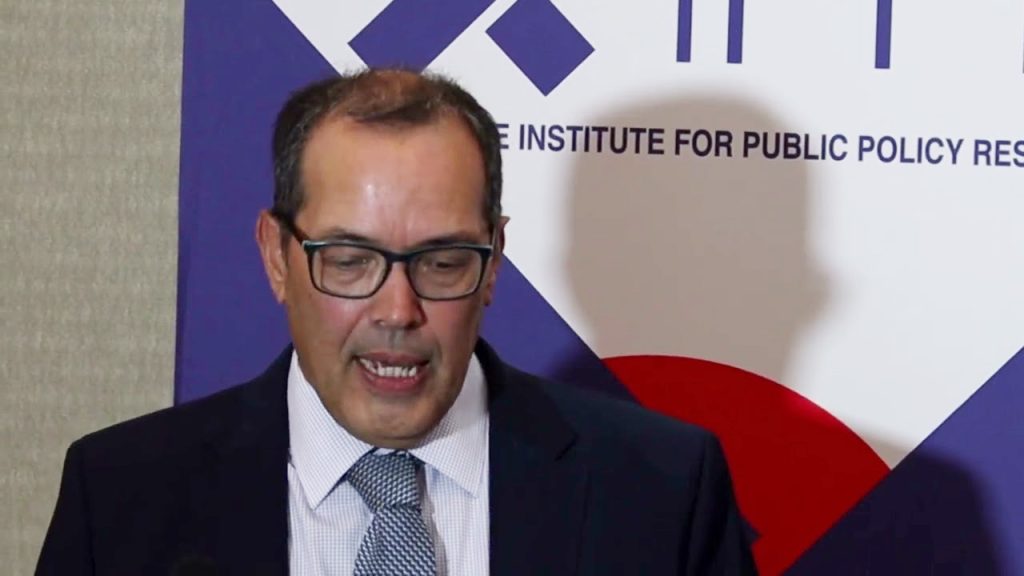
He noted that in terms of banking, credit growth is still extremely sluggish and bank non-performing loans are still high by historical standards.
Sherbourne reiterated the need to eliminate ministerial discretion, which he cited as a contributing factor to the Fishrot scandal.
“Clear rules are better,” he said.
Sherbourne added that ministers should allow public enterprises to operate independently, and highlighted that business decisions should be made by business leaders, free from political interference.
He warned against the politicisation and bureaucratisation of business, arguing that politics should be kept out of commercial affairs to ensure a dynamic and successful business environment.
“In my view, I have not seen a politician run business better,” he said.
Looking ahead, Sherbourne identified several key expectations for Namibia’s economic future.
These include the impact of global developments, particularly the Russian invasion of Ukraine, tensions in the Middle East, the state of the Chinese economy, the upcoming United States elections and broader global political trends such as ‘friendshoring’, energy security, climate policies and the diamond industry.
Domestically, he anticipates further monetary and fiscal easing in Namibia, progress on oil and gas exploration and advancements in various energy projects. These include the Cleanergy, Dâures and HyIron demonstration plants, as well as NamPower’s initiatives like the Battery Energy Storage System, Annixas II, Otjikoto biomass, Khan solar, and Lüderitz wind projects.
With the Namibian elections set for November, Sherbourne suggested that no major decisions are likely until a new Cabinet is sworn in by March 2025.
Read more: Namibians poorer ahead of elections
Stay informed with The Namibian – your source for credible journalism. Get in-depth reporting and opinions for
only N$85 a month. Invest in journalism, invest in democracy –
Subscribe Now!


